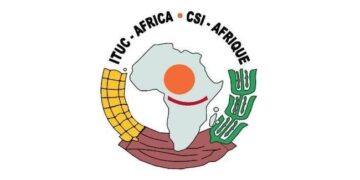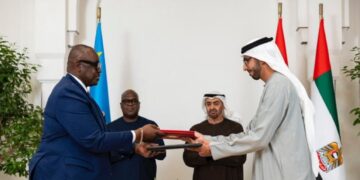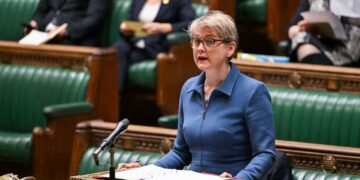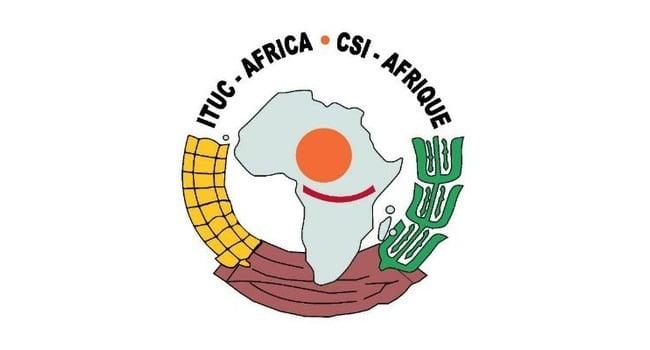By Ebi Kesiena
The International Trade Union Confederation (ITUC-Africa) has called for the African Continental Free Trade Area (AfCFTA) to be implemented in a people-centred and socially inclusive manner to ensure that the agreement benefits not just economies but also workers and vulnerable communities across the continent.
In a formal petition submitted to the AfCFTA Secretariat in Accra, Ghana, and addressed to Secretary-General Wamkele Mene, ITUC-Africa, alongside the Trade Union Congress (TUC) of Ghana, stressed that while AfCFTA is one of the continent’s most ambitious projects with the potential to reshape Africa’s economic landscape, it must not overlook the welfare of the people it is designed to serve.
The petition acknowledged that AfCFTA has the capacity to transform Africa’s economies, create millions of jobs, and boost industrialisation. However, it warned that without deliberate safeguards, trade liberalisation could worsen inequality, entrench precarious work, and exclude groups such as women, youth, informal workers, and persons with disabilities.
“To fulfil the promise of Agenda 2063, AfCFTA must balance trade expansion with social justice, decent work, and inclusive development,” the petition read.
ITUC-Africa and its partners proposed the creation of a stand-alone AfCFTA protocol on labour and social clauses. Such a protocol, they argued, would commit State Parties to enforce International Labour Organisation (ILO) core conventions, uphold collective bargaining rights, and guarantee minimum social protection for workers, particularly vulnerable groups.
The unions further demanded that trade unions be formally included in AfCFTA’s governance and decision-making processes. They urged that workers’ representatives be part of National Implementation Committees and continental technical bodies, while also granting ITUC-Africa observer status in trade negotiations and policy forums.
Another major call was for the establishment of an independent monitoring and enforcement mechanism within AfCFTA to oversee compliance with labour and social rights. This body, according to the petition, should be empowered to receive complaints, review State Party adherence, and recommend corrective actions where necessary.
“These measures are not obstacles but enablers of inclusive growth,” ITUC-Africa emphasised. “A stand-alone protocol would align AfCFTA with global best practices, prevent a race to the bottom in wages and conditions, and instead encourage a race to the top in labour standards.”
By centring people in AfCFTA’s implementation, the unions argue, Africa can ensure that economic integration goes hand-in-hand with social justice, leaving no group behind in the continent’s push toward prosperity.




































